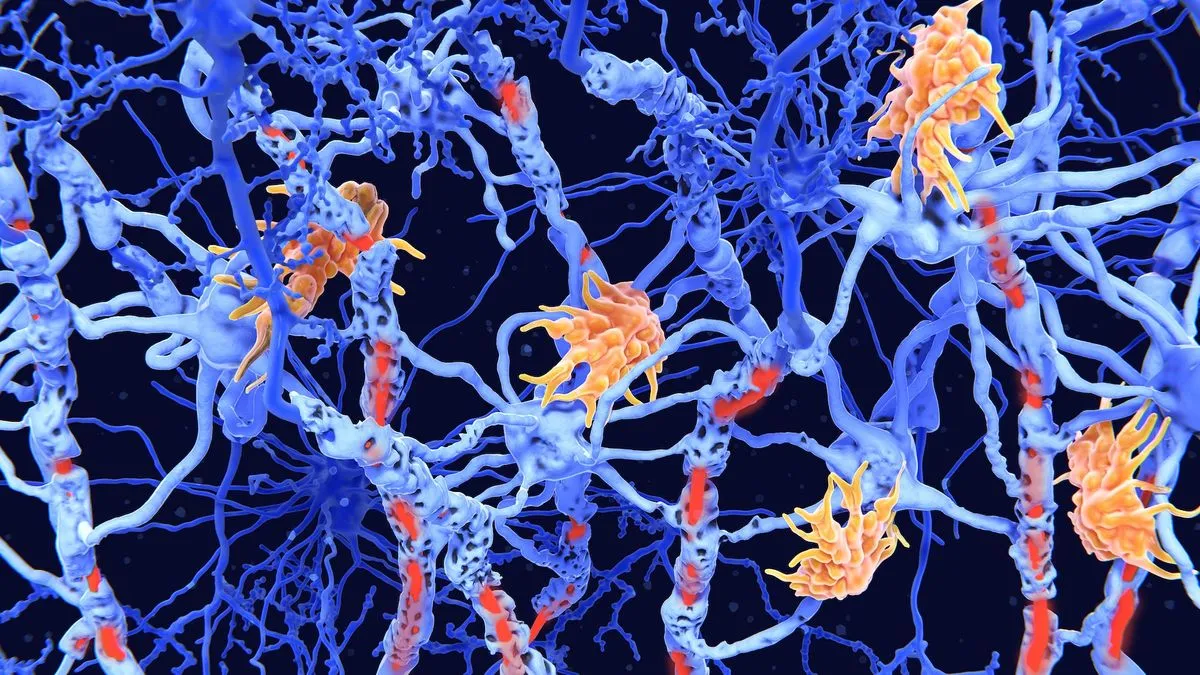Genetic Insights from Twin Study Point to Early Multiple Sclerosis Detection

Understanding the Study
This groundbreaking twin study investigates the genetic markers associated with multiple sclerosis. It focuses on identifying changes in the gene activity of immune cells, suggesting that these alterations might be detectable long before clinical symptoms appear.
Key Findings
- Changes in gene activity may indicate predisposition to multiple sclerosis.
- The study emphasizes the value of twin studies in genetics and disease.
- Potential for earlier interventions based on genetic testing.
Implications for Early Detection
The implications of this research could be significant for the future of multiple sclerosis diagnosis. By pinpointing genetic signs, healthcare providers can implement preventive measures sooner, possibly altering the disease's course.
This article was prepared using information from open sources in accordance with the principles of Ethical Policy. The editorial team is not responsible for absolute accuracy, as it relies on data from the sources referenced.